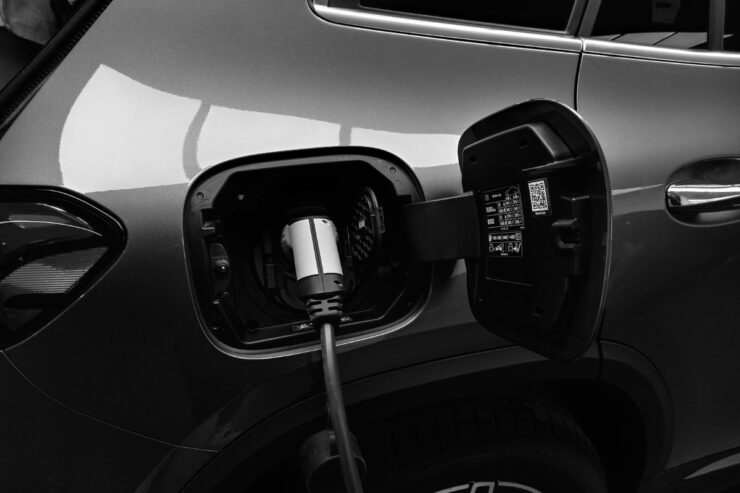Hybrid cars operate by utilizing the power of a gasoline engine and an electric motor. A hybrid car is not an electric car as many people have envisioned; instead, it is an environmentally friendly one since it does not require engine power to accelerate and drive. These vehicles are gaining popularity daily due to their environmental and financial advantages. However, in some cases, they do not provide the best commute for everyone. Let’s go through some of the pros and cons to help you know whether a hybrid car is the right one for you.
Pros of Hybrid Cars
They are environmentally friendly
The world is currently more inclined towards environmental conservation to prevent global warming. Gasoline-powered vehicles have not been the best option for environmental conservation since they emit dangerous greenhouse gasses such as:
- Carbon dioxide
- Methane
- Nitrous oxide
A United States Environmental Protection Agency report revealed that a classic passenger vehicle annually emits 4.6 metric tons of carbon dioxide gas. On the other hand, hybrid cars have two ways of operation: gasoline and electricity. If you use gasoline to drive your car, there will still be emission of gasses from the tailpipe; however, less gasoline will be used in running the car compared to a conventional car seeing as hybrid cars are fuel-efficient to the extent that some of them allow gasoline usage of up to 50 miles per gallon! It means that you will use less gas to travel and thus you will emit less dangerous gasses. However, if you buy a plug–in hybrid car, you will likely use electricity to run your car, meaning there will be no direct tailpipe emissions. Also, hybrid car owners can use electricity alone by driving slower, especially for short distances.
A Hybrid Car Saves You Money
Currently, gas prices are over the roof; therefore, if you are looking to buy a car, you need to find one that is fuel efficient. With a hybrid vehicle, you will minimize your visits to the gas station thanks to the option of switching from fuel to electricity. However, the amount of savings depends on your driving habits. If you drive at high speed, then you will be using gasoline. The government also offers a tax credit for those purchasing plug-in hybrid cars. Depending on your tax bracket and the type of hybrid car you purchase, you can save a lot with this incentive. Before getting your hybrid car, check to see if other state incentives can help you cut costs even further.
They are Quiet
Compared to conventional cars powered by gasoline, hybrid cars are quieter. They are quiet to the extent that laws had to be passed that required these hybrid and electric cars to make noise when moving in reverse or at low speeds of up to 11 mph to prevent pedestrian injury, especially for those with poor vision.
Low Maintenance Budget
There is minor wear and tear on the engine since they have two sources of power: the gas engine and the electric motor. It means that there will be minimal need for oil, coolant, and routine maintenance compared to a conventional car powered by gasoline. Noteworthy, the maintenance cost will depend on the hybrid car you purchase. So, ensure you conduct thorough research before settling on one.
There Is No ‘Range Anxiety’
The primary disadvantage of an electric car is ‘range anxiety’ which is the fear that the battery may run out before getting to the final destination or charging station. However, with hybrid cars, if your battery runs out of electricity, you can switch to the gasoline in your tank.
Cons of Hybrid Cars
Higher Costs Upfront
When purchasing a hybrid car, you are more likely to pay a higher amount than a fuel-powered car. You can make up for the higher price through fuel savings and tax incentives. Therefore, if you are switching to a hybrid car, note that you will have to pay more during the purchase.
When Maintenance Is Needed, It May Be More Costly
As mentioned earlier, hybrid cars need less maintenance. Thus, they are cost-effective in the long run. However, their downside is that they may be expensive to repair in case of any breakdown, especially replacing the battery. Most manufacturers give their consumers a battery warranty of up to ten years. But if you need to replace the battery, it may cost up to $2000.
Wrapping Up
Hybrid cars are gaining popularity thanks to technological advancements that have lowered their manufacturing prices, thus making it easy for an average driver to afford them. Therefore, before purchasing yours, you can use these pros and cons to determine whether a hybrid car best suits your routine and lifestyle.











